Exploring the Success Rates of Couples Rehab Programs: A Path to Healing Together
When addiction impacts a relationship, the consequences can be devastating for both individuals involved. For couples who face this challenge, traditional individual rehab may not be enough. That’s where Couples Rehabs in Orange County comes in, offering specialized programs tailored to help partners recover together. But how effective are these programs, and what sets them apart? In this in-depth article, we’ll explore the success rates of couples rehab programs, why they work, and how Couples Rehabs provides a supportive environment for lasting recovery.
Why Choose Couples Rehab Programs?
Addiction doesn’t just affect an individual; it reverberates through their relationships, often leading to mistrust, communication breakdowns, and emotional distance. Couples rehab programs address these issues by offering:
- Joint Recovery Plans: Both partners undergo treatment together, focusing on individual and relationship healing.
- Enhanced Communication Skills: Programs emphasize rebuilding trust and fostering open communication.
- Supportive Environment: Partners become each other’s biggest allies during recovery.
In Orange County, Couples Rehabs is a leader in this unique approach, providing personalized treatment plans that cater to both individual and relational needs.
The Science Behind Couples Rehab Success Rates
1. How Joint Recovery Improves Outcomes
Studies consistently show that couples who enter rehab together often experience higher success rates than those who pursue individual recovery. This is largely due to the shared accountability and emotional support that a partner can provide during challenging times.
For instance, the National Institute on Drug Abuse (NIDA) highlights that Behavioral Couples Therapy (BCT)—a key component of many couples rehab programs—leads to significantly lower substance use rates compared to individual therapy alone. Programs at Couples Rehabs in Orange County integrate evidence-based therapies like BCT to help partners navigate recovery together.
2. Addressing Co-Dependency
In many cases, addiction within a relationship is intertwined with co-dependency, a pattern where one partner enables the other’s harmful behaviors. Effective couples rehab programs, such as those at Couples Rehabs, include specialized therapies to identify and address these patterns, leading to healthier dynamics.
What Sets Couples Rehabs in Orange County Apart?
Choosing the right rehab center is critical for success. Couples Rehabs in Orange County stands out for its:
1. Comprehensive Treatment Plans
From detoxification to aftercare, their programs are designed to address every stage of recovery. Each plan is tailored to the couple’s unique needs, incorporating therapies like:
- Cognitive Behavioral Therapy (CBT): To identify and change destructive thought patterns.
- Couples Counseling: Strengthening the relationship while addressing addiction.
- Relapse Prevention Training: Helping couples maintain sobriety long-term.
2. Luxury Facilities in a Prime Location
Located in the heart of Orange County, Couples Rehabs offers a serene environment conducive to healing. With access to state-of-the-art facilities and a calming atmosphere, couples can focus on recovery without distractions.
3. Dual Diagnosis Treatment
Addiction often coexists with mental health disorders such as anxiety, depression, or PTSD. Couples Rehabs specializes in dual diagnosis treatment, ensuring that both addiction and underlying mental health issues are addressed for a holistic recovery.
Success Stories: Real-Life Testimonials
One of the most compelling ways to gauge the effectiveness of couples rehab is through the stories of those who’ve experienced it. At Couples Rehabs in Orange County, countless couples have turned their lives around. Here’s a glimpse:
- Mark and Sarah: After years of struggling with addiction, this couple found hope through the program’s tailored therapy sessions. Today, they celebrate five years of sobriety and a renewed sense of partnership.
- Lisa and James: Facing co-dependency and substance abuse, Lisa and James credit the compassionate care they received at Couples Rehabs for saving both their relationship and their lives.
Factors That Influence Success Rates in Couples Rehab
While couples rehab programs are highly effective, several factors can influence individual outcomes:
1. Commitment to the Program
The willingness of both partners to fully engage in the process plays a critical role. This includes attending therapy sessions, participating in activities, and maintaining open communication.
2. Severity of Addiction
The depth and duration of addiction can impact recovery timelines. However, Couples Rehabs in Orange County offers specialized programs that adapt to each couple’s specific circumstances.
3. Support Networks
Building a strong support system is essential for sustained recovery. Couples who actively involve family or close friends in their journey often experience higher success rates.
Why Location Matters: The Orange County Advantage
Rehab success isn’t just about the program—it’s also about the environment. Orange County offers a unique setting that contributes to recovery in meaningful ways:
- Natural Beauty: With its stunning beaches and mild climate, the area promotes relaxation and mental clarity.
- Thriving Recovery Community: Orange County is home to a vibrant recovery community, providing ongoing support for couples post-rehab.
- Convenience and Accessibility: Whether you’re local or coming from out of town, Couples Rehabs offers easy access to world-class care in a tranquil setting.
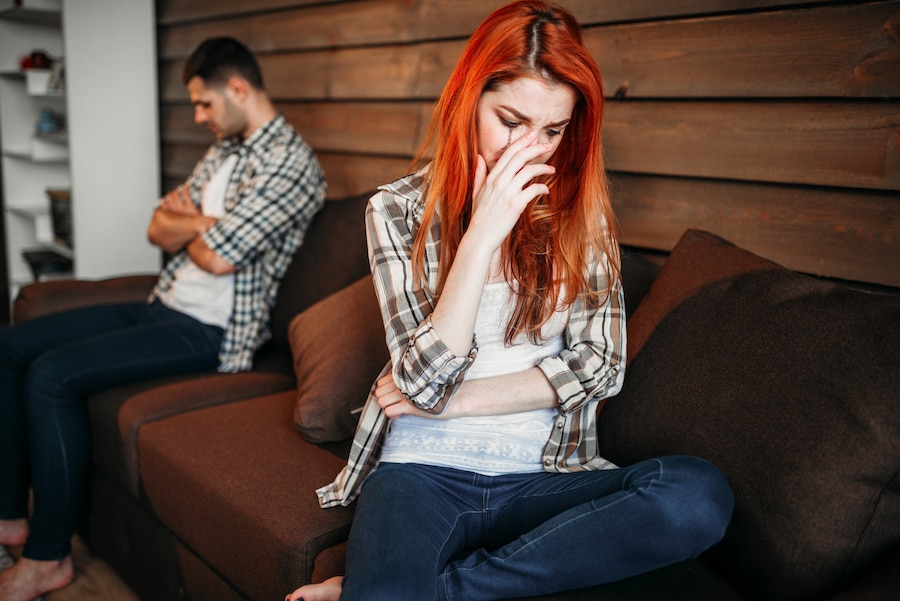
Measuring Success in Couples Rehab
1. Reduction in Substance Use
The primary goal of any rehab program is to reduce or eliminate substance use. Couples who undergo joint treatment often report long-term sobriety thanks to the accountability and support they provide each other.
2. Improved Relationship Dynamics
Recovery doesn’t just mean sobriety—it also means building a healthier, more supportive partnership. Therapies at Couples Rehabs focus on rebuilding trust, improving communication, and strengthening emotional bonds.
3. Enhanced Mental and Physical Health
Couples rehab programs often lead to improved mental health and reduced stress levels, laying the groundwork for a healthier future together.
Aftercare: A Crucial Component of Success
Recovery doesn’t end when the program does. Couples Rehabs in Orange County places a strong emphasis on aftercare, providing tools and resources to help couples maintain their progress. This includes:
- Ongoing Counseling Sessions
- Access to Support Groups
- Relapse Prevention Strategies
These services ensure that couples continue to thrive long after they leave the facility.
How to Get Started with Couples Rehabs in Orange County
Taking the first step toward recovery can feel daunting, but help is just a call away. Whether you’re seeking guidance for yourself or a loved one, the compassionate team at Couples Rehabs in Orange County is here to assist. From personalized consultations to tailored treatment plans, their goal is to provide the support you need to begin the journey to healing.
Frequently Asked Questions About Couples Rehab Programs
1. What is couples rehab, and how does it work?
Couples rehab is a specialized program that helps partners recover from addiction together. It combines individual and couples therapy, addressing substance abuse and relationship challenges simultaneously. By focusing on joint healing, couples build healthier, supportive dynamics while maintaining sobriety.
2. What are the benefits of attending couples rehab in Orange County?
Couples rehab in Orange County offers access to serene settings, luxury facilities, and a vibrant recovery community. Programs at Couples Rehabs in Orange County provide evidence-based therapies, dual diagnosis treatment, and personalized care, all in a tranquil environment ideal for recovery.
3. Are couples rehab programs effective?
Yes, studies show that couples who recover together often experience higher success rates. Programs like those at Couples Rehabs integrate proven therapies like Behavioral Couples Therapy (BCT), improving both sobriety rates and relationship dynamics.
4. Can couples rehab help with co-dependency issues?
Absolutely. Many couples rehab programs, including those at Couples Rehabs in Orange County, address co-dependency by identifying enabling behaviors and teaching healthier relationship strategies, fostering mutual growth and independence.
5. Do both partners need to have an addiction to attend couples rehab?
No, couples rehab can benefit relationships where only one partner struggles with addiction. The non-addicted partner participates in therapy to learn how to provide support, rebuild trust, and foster a healthier partnership.
6. What types of therapy are included in couples rehab?
Couples rehab programs often include Cognitive Behavioral Therapy (CBT), Behavioral Couples Therapy (BCT), group counseling, individual therapy, and relapse prevention training. At Couples Rehabs, treatment plans are tailored to each couple’s unique needs.
7. How long does a couples rehab program typically last?
The duration of couples rehab programs varies depending on individual circumstances. Programs at Couples Rehabs in Orange County generally range from 30 to 90 days, with aftercare services available for ongoing support.
8. Will health insurance cover couples rehab?
Many insurance plans cover addiction treatment, including couples rehab. Couples Rehabs in Orange County works with most major insurance providers to help make treatment accessible and affordable. Contact their team to verify coverage.
9. What happens after completing a couples rehab program?
Aftercare is a vital part of recovery. Couples Rehabs offers ongoing counseling, support groups, and relapse prevention strategies to ensure couples maintain their sobriety and continue building healthy relationships.
10. How do I know if couples rehab is right for us?
Couples rehab is ideal for partners who want to address addiction and relationship challenges together. If addiction is causing strain in your relationship or hindering your well-being, contact Couples Rehabs in Orange County for a consultation to explore your options.
Conclusion: A Path to Lasting Recovery
Addiction is a formidable challenge, but couples rehab programs offer a powerful path to recovery—together. With a proven track record of success, Couples Rehabs in Orange County stands as a beacon of hope for couples seeking a fresh start. By addressing both individual and relational healing, they empower partners to rebuild their lives and strengthen their bonds.
If you or someone you love is struggling, don’t wait. Contact Couples Rehabs in Orange County today and take the first step toward a healthier, happier future together.

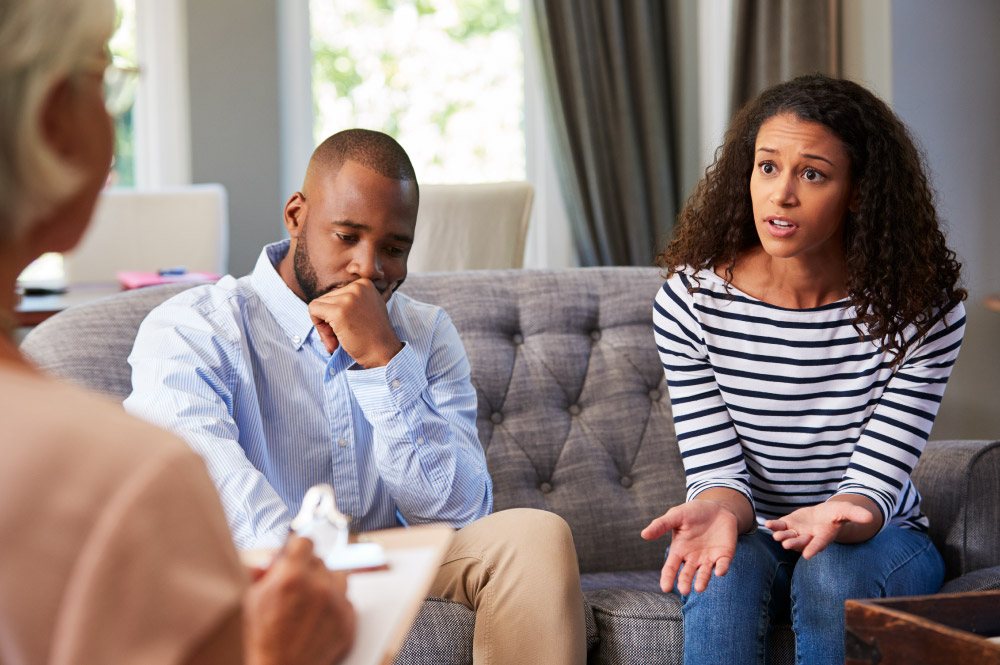

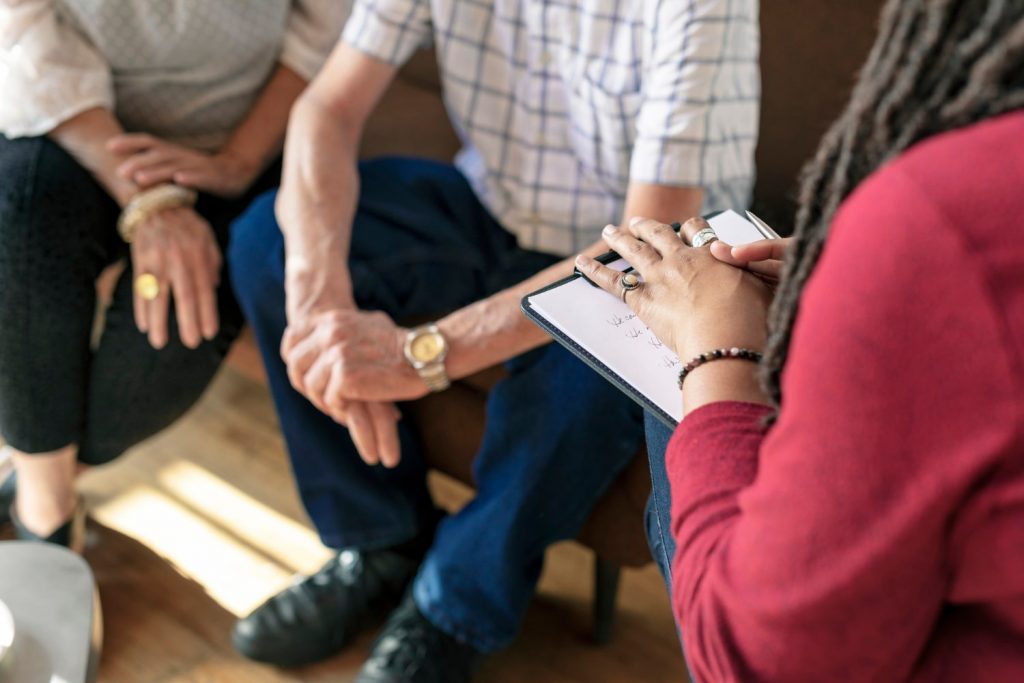

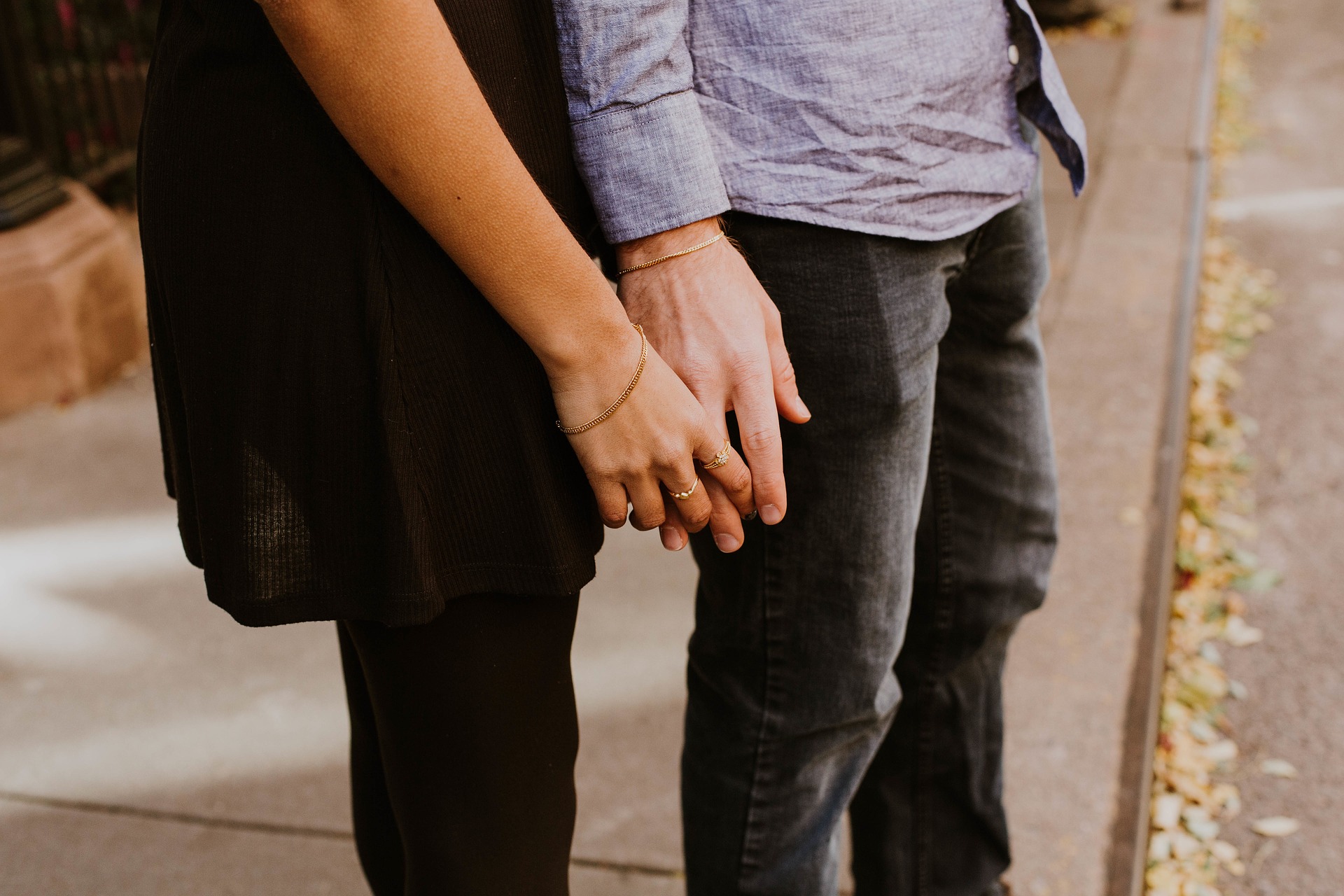




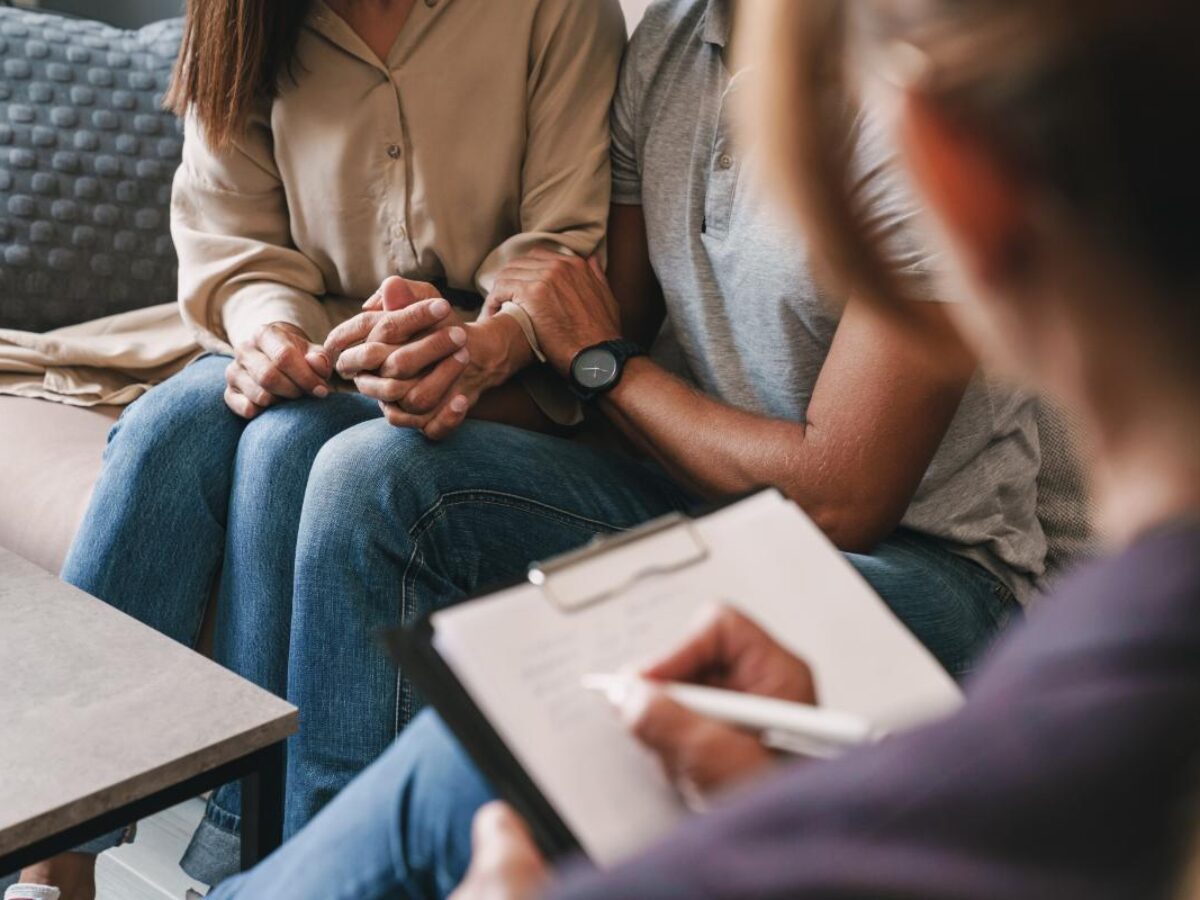
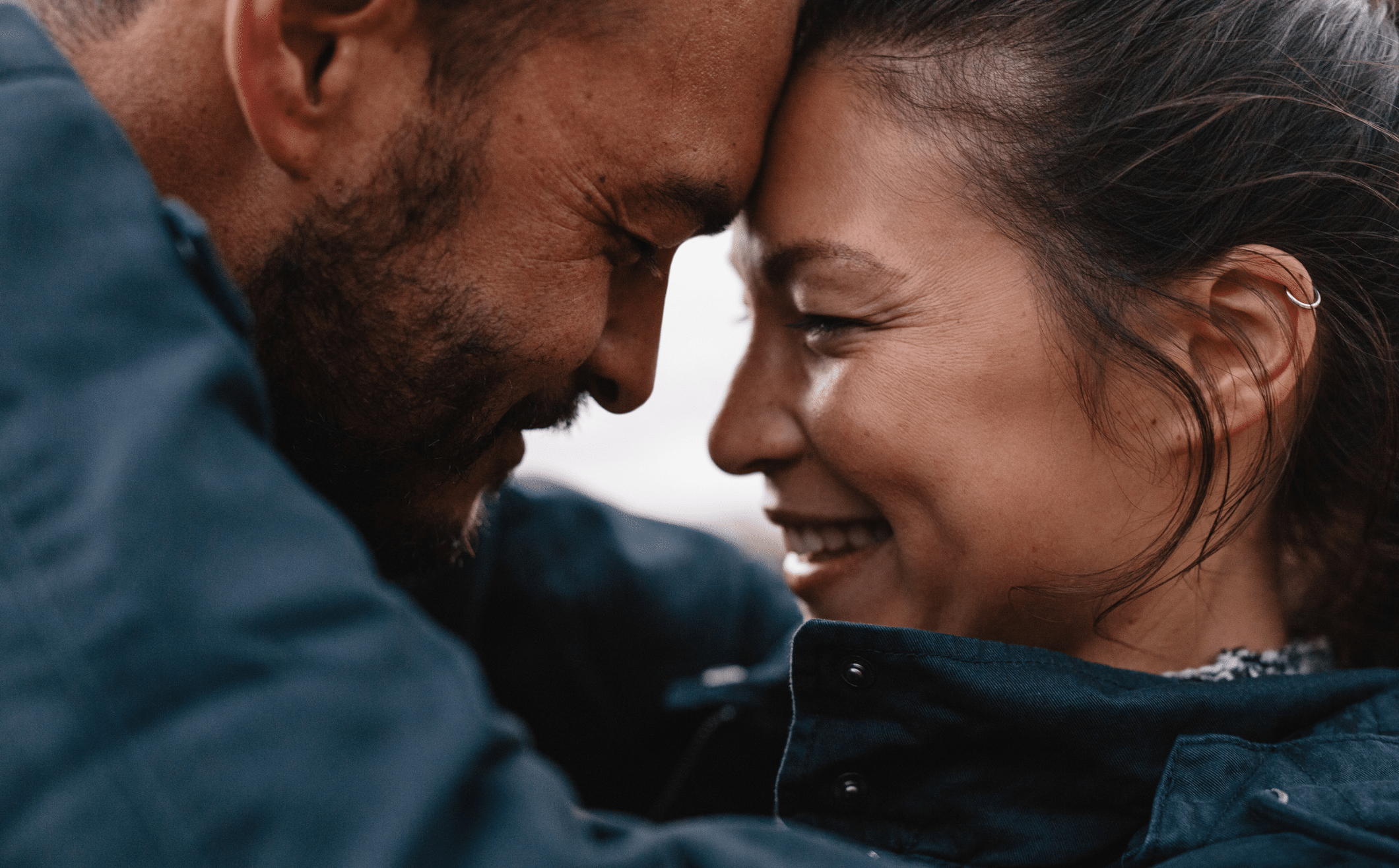
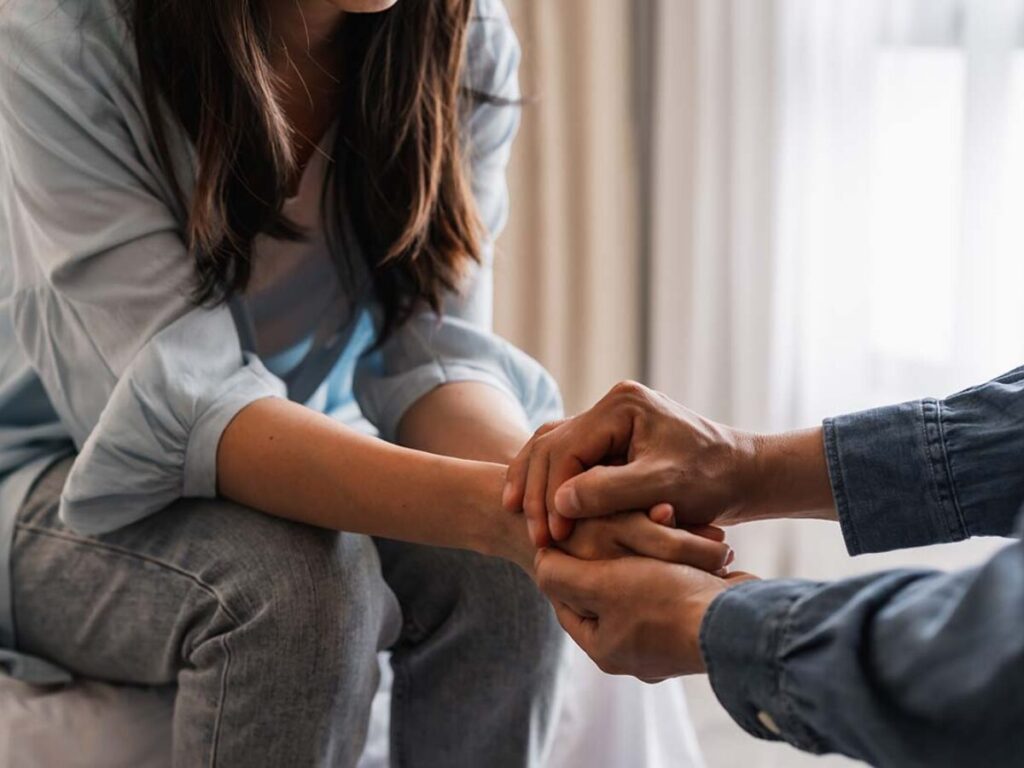
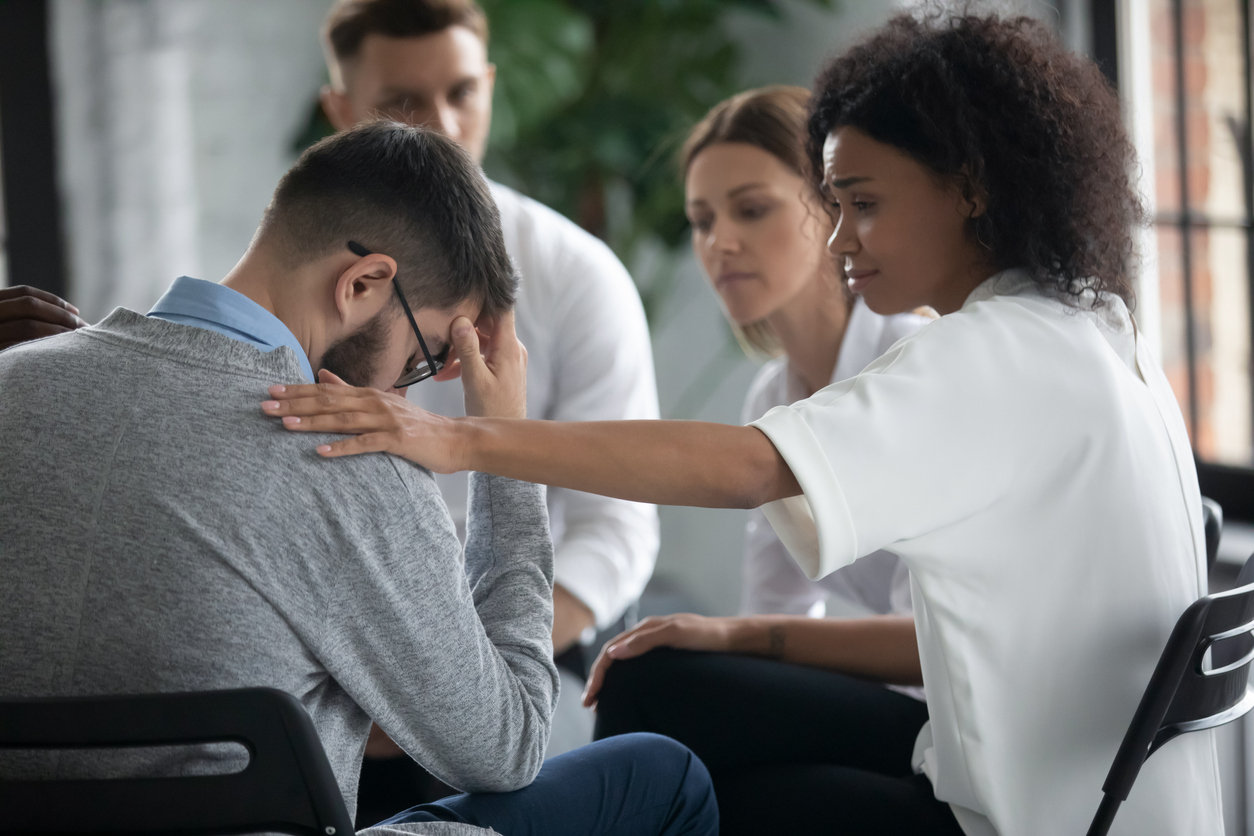


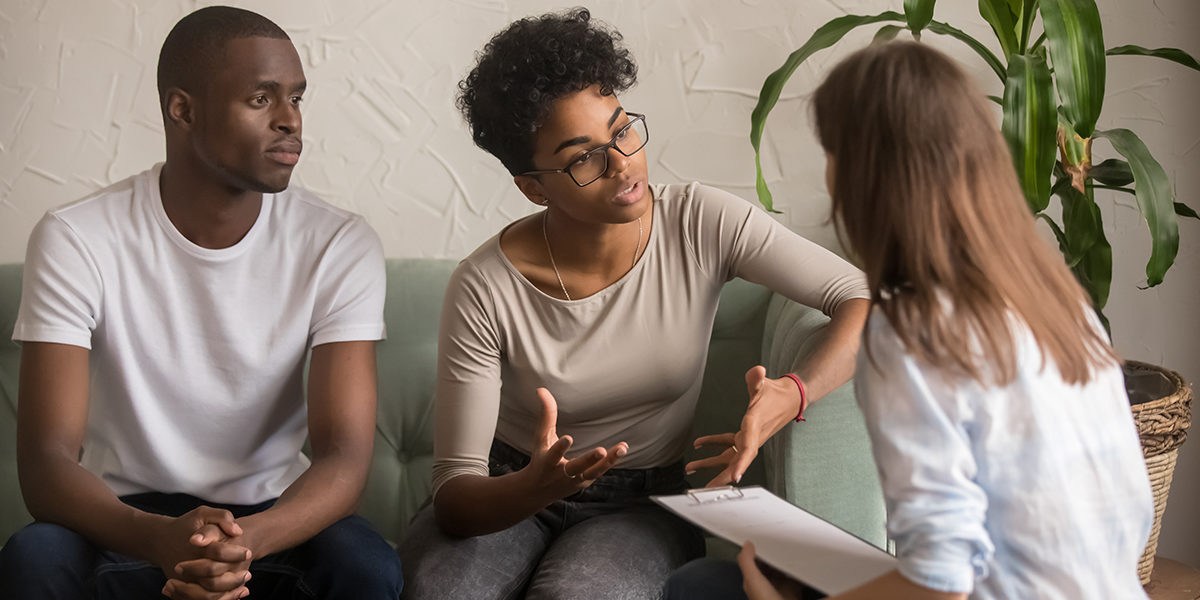
Recent Comments